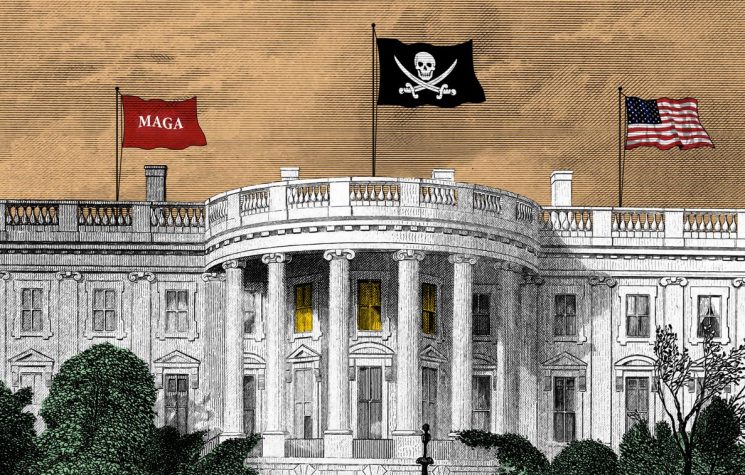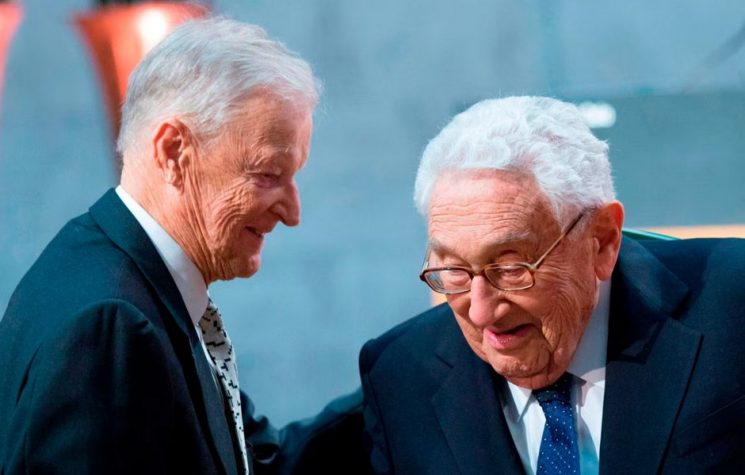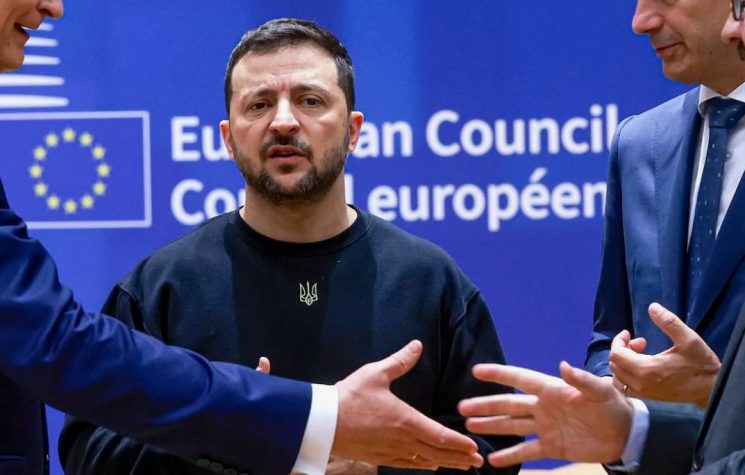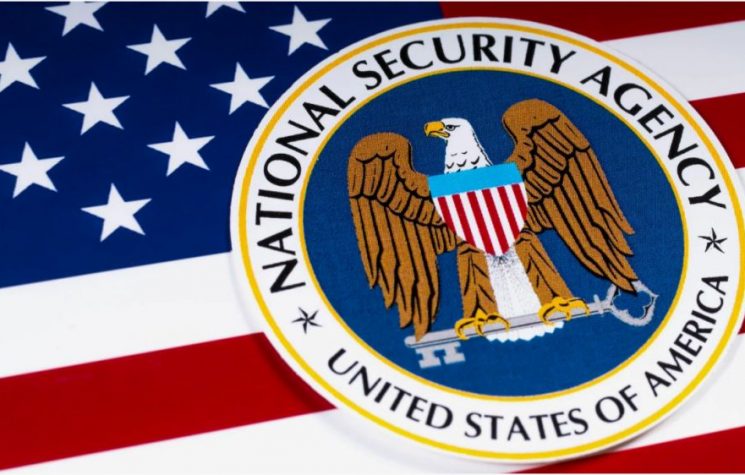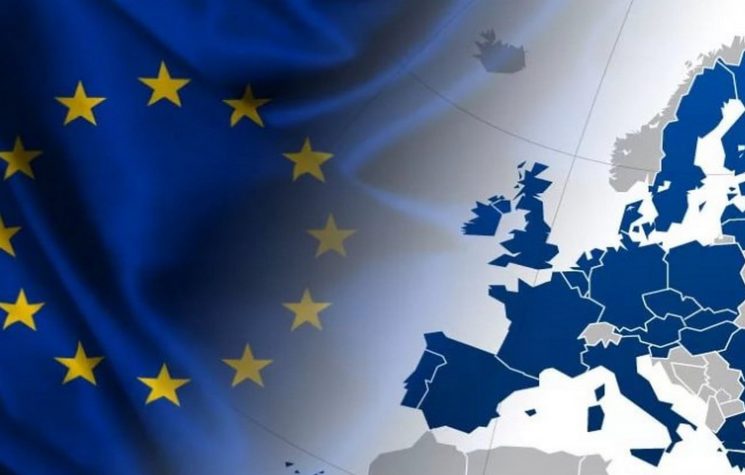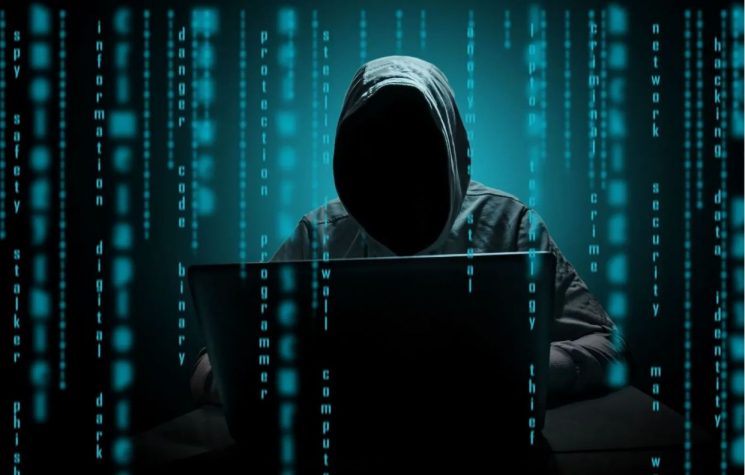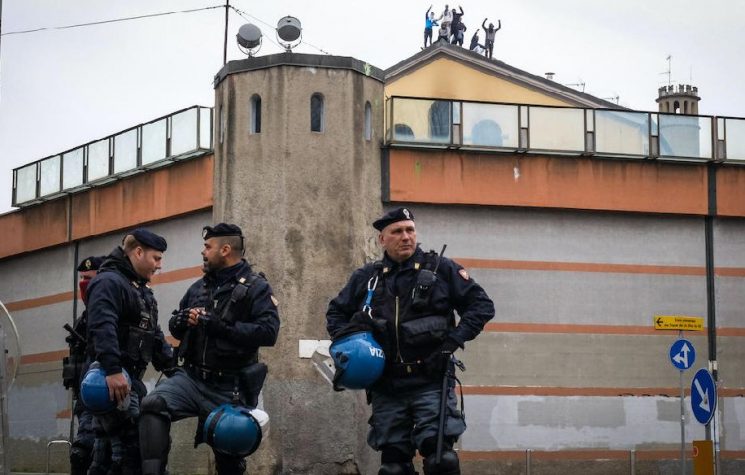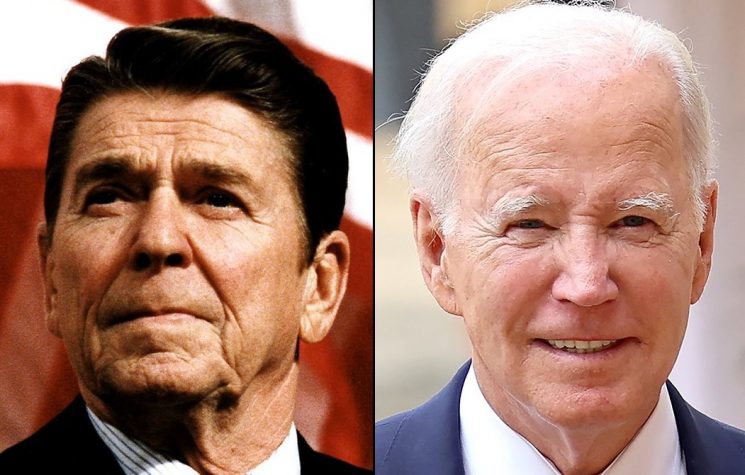The flurry of U.S. media claims this week about alleged Russian cyber-attacks on government departments came just as Joe Biden was officially declared President-elect. As usual, there is no evidence to back up the sensational claims, but the objective seems to be to ensure that the incoming Biden administration maintains, or adopts a more, hostile policy towards Russia.
The timing of all this is hardly coincidence. On Monday this week, the Electoral College in the United States cast its votes to confirm Biden’s election to the White House. The Democrat contender had already won the popular vote by a decisive margin against incumbent Republican President Donald Trump. Almost six weeks of controversy since the November 3 election day – due to Trump’s tenuous claims of voter fraud – were laid to rest this week when the Electoral College confirmed Biden as president-elect. He is due to be inaugurated as the 46th occupant of the White House on January 20.
Out of respect for the American electoral process being consummated, Russian President Vladimir Putin had waited until this week to make any comment. However, after the Electoral College executed its duties, Putin promptly telegrammed congratulations to Biden on his victory. The Russian leader expressed the hope that Russia and the United States would begin to normalize relations for the sake of global security.
Ominously, the auspicious occasion was immediately marred by a U.S. media frenzy alleging a massive cyber-assault on the heart of American government and industries. Russia was predictably blamed as the offender.
The Kremlin dismissed the claims as yet another anti-Russia fabrication. For the past four years, the U.S. media have regularly peddled sensational claims of Russian malfeasance, from alleged interference in elections, to alleged assassination programs against U.S. troops in Afghanistan, among many other such tall stories. Never has any verifiable evidence been presented to back up these lurid allegations. The cyber domain is a particular favorite for such anti-Russia claims, most likely because these stories are handily told without any real evidence. All that is required is for anonymous cyber security agents to be quoted. The abstract and arcane cyber world also lends itself to mystery for most people. In short, it is amenable to false claims because of its elusive technical nature.
Now, it is feasible that some kind of malign cyber event did indeed happen in the U.S. government departments, agencies, infrastructure and private sector as reported this week. Though, what is very much in doubt is the question of who actually carried it out. The U.S. media and anonymous officials are fingering Russia. But where is the proof of Russia’s culpability?
The FBI and Department of Homeland Security briefed members of Congress about the cyber-attacks. Senators emerged from the briefings fulminating against Russia. The second-highest ranking Democrat in the Senate, Dick Durbin, told media that “it was virtually a declaration of war by Russia on the United States”.
What is going on here is a classic case of “gas-lighting” whereby people are being manipulated to believe in something utterly false; for an ulterior agenda.
Edward Snowden, the courageous whistleblower formerly at the U.S. National Security Agency, has revealed with copious proof how the CIA and other American intelligence agencies have the technical capability to carry out cyber-assaults using digital signatures with the deliberate aim of falsely implicating other actors. That is, the ability to carry out digital false-flag attacks.
This week would seem to be an “illustration 101” of cyber dirty tricks. What’s more, the U.S. media are quoting “sources” who claim that the cyber-assaults are “ongoing” and pose “great risk” to government departments, critical infrastructure and the economy. Not only that, but it is being alleged that the threat is akin to a Damocles Sword hanging over America; in that the “deep penetration” has untold consequences that may unleash some unknown nefarious manifestation sometime in the future. This is a perfect psychological ploy to maintain perception of permanent threat and distrust.
President-elect Biden responded to the reports by saying: “We need to disrupt and deter our adversaries from undertaking significant cyber-attacks in the first place… We will impose substantial costs on those responsible for such malicious attacks.”
In light of all this, Russia’s aspirations for a reset in relations with the U.S. are thus looking dim. And that is to be regretted by all people the world over.
Just when the United States and Russia need to get down to serious negotiations concerning arms control, such as extending the New START treaty on strategic nuclear weapons, or on reducing dangerous tensions between Russian and NATO forces, here we have a huge setback to any possible reset in relations.
Joe Biden said during the election campaign that he would “hold the Putin regime accountable for its crimes”. Such an intemperate and belligerent view no doubt made Biden the candidate-of-choice for the American Deep State and its military-industrial complex. Unlike Trump who was rather ambivalent about Russia, Biden displays the requisite tendency for aggressive policy.
It may have been hoped that Biden, who as a senator and former vice president has decades of experience in foreign affairs and diplomacy, would show a certain “real politick” on entering the White House and despite his past rhetoric would get down to the necessity of establishing practical, cooperative relations with Russia.
Lamentably, it looks like Biden’s hands are being tied even before he is inaugurated. The image of Russia as “evil enemy” has been burnished by this week’s media onslaught over hacking claims. And Biden has responded in appropriately gas-lit fashion.
The question to be asked is: who gains from this? Certainly not Russia.









